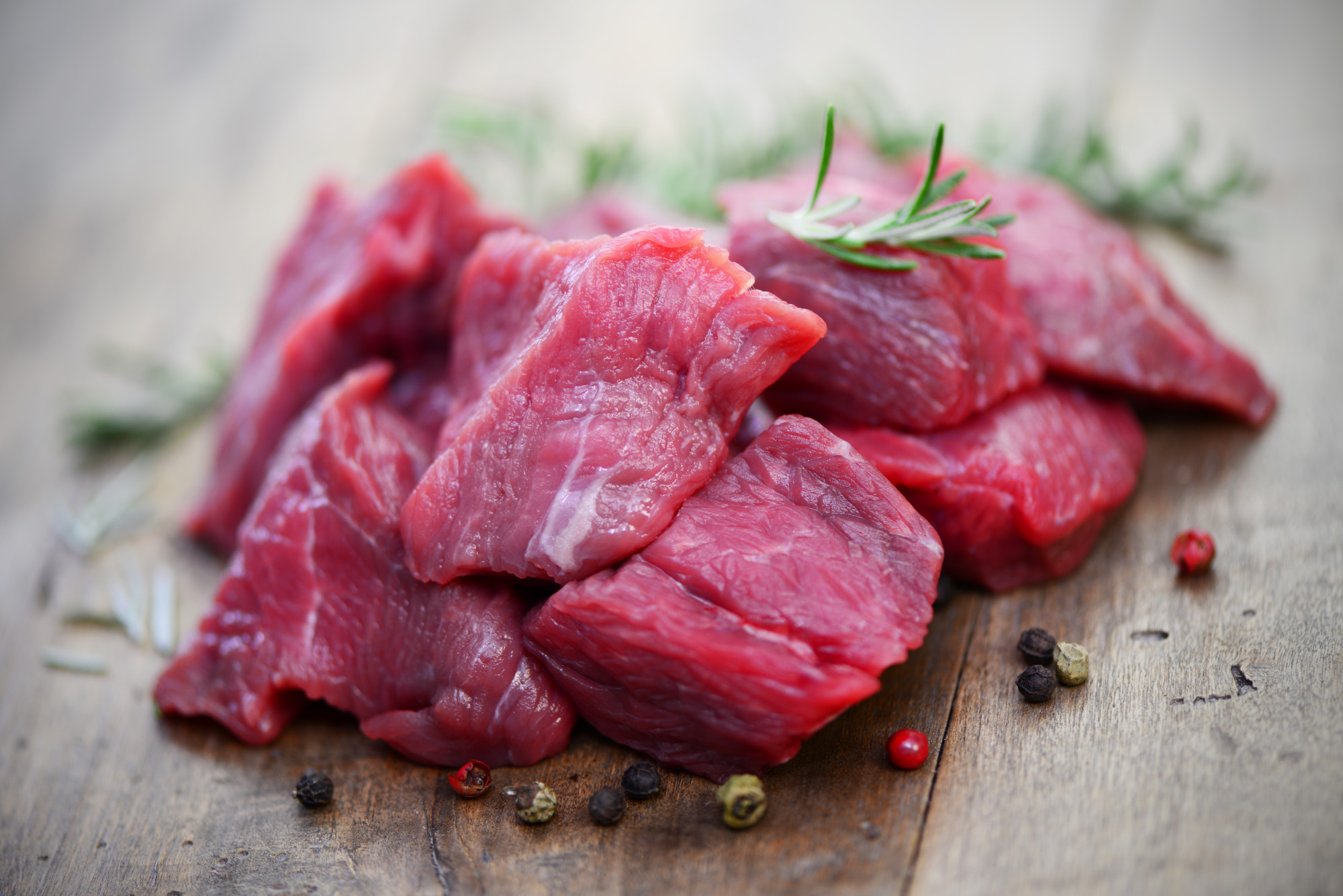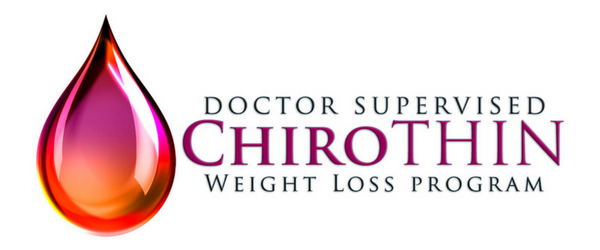
Are you looking to shed a few stubborn pounds? Are you wondering how much protein you should add to your diet?
Many popular diets substitute lean protein for simple carbohydrates. This can help you lose weight, which will benefit your overall health in a number of ways. Increased energy, an improved mood, and a better immune system are just a few of the rewards you’ll reap.
Yet, is there such a thing as eating too much protein? Is there a downside to a diet rich in high protein foods?
Here’s what you need to know.
Benefits of Protein
Protein is critical for weight loss for a number of reasons. It can help to increase your metabolism, making sure you burn calories faster. Protein can also make you feel full, so you’ll consume fewer empty calories.
Your body will actually burn calories while metabolizing proteins. It can also increase the level of hormones that let you know when you’re full. In addition, protein can help to build critical muscle mass.
Protein is power-packed and can benefit your body in more ways than one. It can help you build bone strength and lower your blood pressure. This can serve to decrease your risk of things like heart attacks, strokes, and kidney disease.
How Much Protein is Sufficient?
The optimal amount of protein is between 46 and 56 grams per day on average. However, if you’re trying to lose weight, you should aim to get at least 30% of your calories from protein.
When you’re on a diet, the best thing for you is to spread out your protein intake throughout the day. You can have a little with every meal.
Eating protein before starches can help you feel full and decrease feelings of hunger. It can also prevent your blood sugar and insulin levels from spiking after a big meal.
So the next time you’re eating a meal, try eating your chicken before you chow down on your potato, or finish that turkey before you dive into your roll. It could end up being the key to your weight-loss success.
There are lots of ways to get some healthy protein into your diet. You can be a little creative when it comes to smaller meals and snacks.
For example, consider swapping out your chips for protein-rich cheeses, such as cheddar. Or you can make yourself some whole eggs for breakfast. Eggs are also known for modifying the shape of your “bad” cholesterol particles, which can lower your risk of heart disease.
Greek yogurt is a low-fat, high protein food that many healthy eaters find helps them feel fuller, longer. You can throw some in a blender with chopped fruit for a healthy breakfast. Or sprinkle some almonds on top for even more protein as well as a heart-healthy fat.
The best way to get some protein into your diet is to add lean protein to your meals. A little grilled chicken or turkey goes great on top of a salad. Or you can bake some salmon for dinner.
The way you get protein into your diet will depend upon your tastes and eating schedule. However, prioritizing protein over carbs can do wonders for your health and waistline.
How Much Protein is Overkill?
Like any other food, you can still overdo it on protein. A healthy diet is balanced with veggies and whole grains.
The average person should aim not to eat more than 125 grams per day. This is for someone weighing around 140 pounds.
Even when you’re dieting, you shouldn’t be getting more than 35% of your calories from protein. Other people who will need more than the average amount of protein are those who are pregnant or breastfeeding. You may also need to eat more as you age in order to prevent muscle loss.
In addition, people who are athletes may need more protein than most folks. This is also true of those who perform physically demanding tasks on a daily basis.
Those who eat diets too high in protein have a higher risk of kidney stones. If your high-protein diet is coupled with too much red meat or saturated fat, you could also be at a higher risk for colon cancer or heart disease. The biggest concern for those who eat too much protein is for people who have a genetic predisposition toward kidney disease.
Protein overconsumption has also been linked to medical conditions such as Type 2 diabetes and cancer. In rare cases, seizures or death could occur.
It’s important to remember that your body can’t store protein. Once you’ve got what you need, your body will convert it into either fat or energy. So if you aren’t planning on doing any extra exercise, it pays to stay within your daily recommended amount.
How Do You Know If You’re Eating Too Much Protein?
Some effects of too much protein are long-term. However, your body may also let you know early on so you can start curtailing your intake and eating a more balanced diet.
Symptoms such as indigestion, nausea, and irritability are signs that you could be getting too much protein. You also may notice dehydration, exhaustion, or headaches.
If you’re noticing some side effects, try subbing in some whole grains or fruits and veggies. Your long-term health will thank you.
A Fresh Start
If you’re losing weight or just trying to get healthier, it’s important to know how much protein is needed, and how much is too much. With the right balance, you could be on your way to a healthy, new you in no time.
Are you ready to get started on the path to a healthier you? For more expert advice on weight loss, find a Chirothin doctor in your area today.
